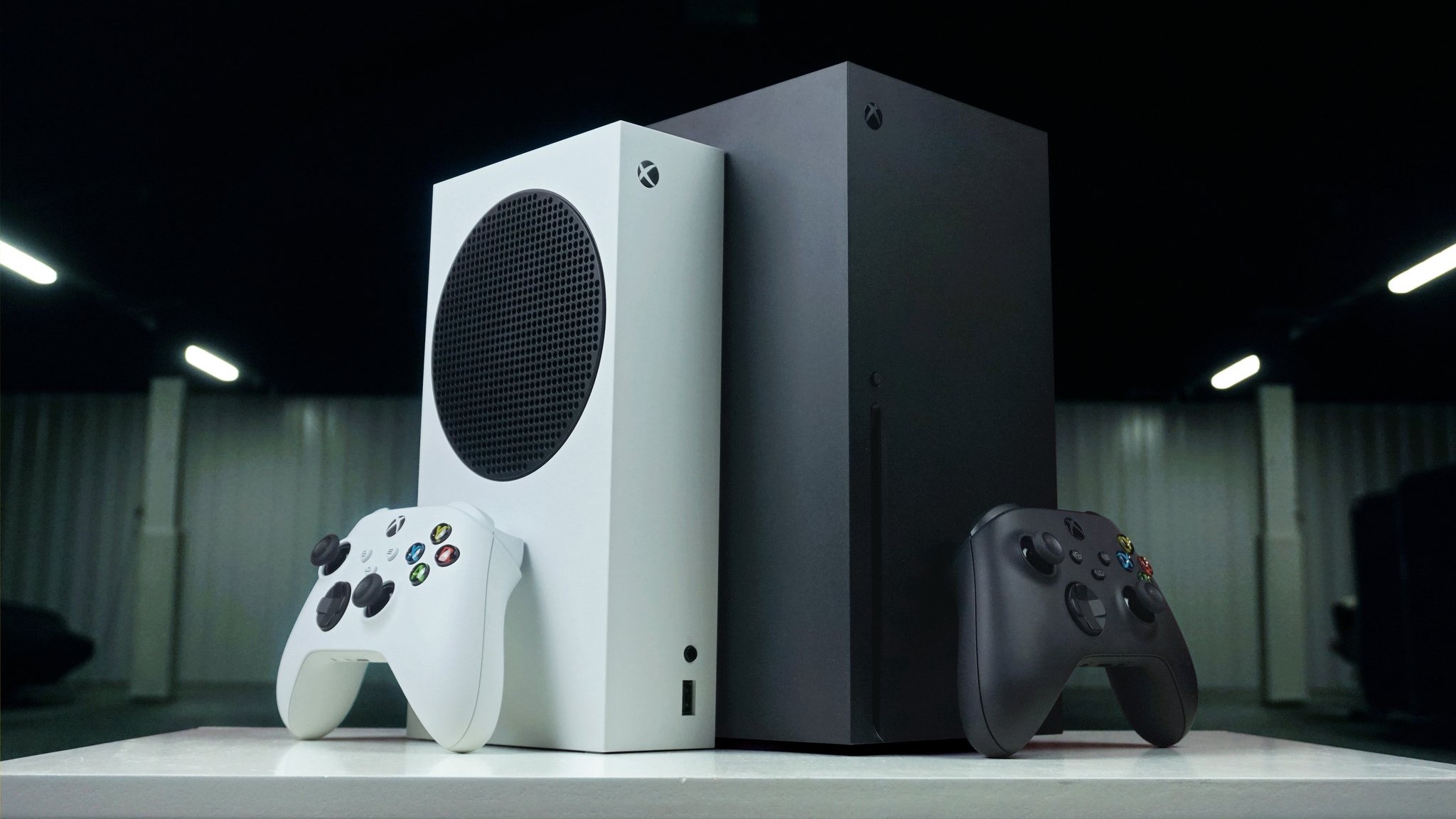What you need to know
- The PlayStation 5 is Xbox’s primary competitor in the console gaming space.
- Today, Sony announced that the PS5 will received a price increase in major markets, including Japan and the U.K.
- Microsoft has issued a statement to us to say that there are no plans to follow suit.
Today, Sony dropped something of an unexpected surprise on the video game industry with the announcement that it plans to raise prices of the PlayStation 5 in several key markets. The price hikes run as high as 20% or more in some regions. The company cited economic pressure and inflation as the key driver behind its decision.
Since that announcement, Xbox fans and commentators from across the gaming sphere have wondered if Microsoft would follow suit with the Xbox Series X or Xbox Series S. Microsoft has won a lot of ground in the current console generation by focusing on value via Xbox Game Pass, and the more affordable Xbox Series S, which targets 1080p while bringing next-gen speeds. One could argue it would blow a bit of a hole in that argument if Microsoft raised its console prices at a time when families are struggling in a tough economy, and it would seem that Microsoft agrees.
In a statement to Windows Central, a Microsoft spokesperson confirmed that there are no plans to raise the price of the Xbox Series X or the Xbox Series S, reiterating that they will remain at their baseline RRPs in various currencies, including USD, GBP, and EUR.
“We are constantly evaluating our business to offer our fans great gaming options. Our Xbox Series S suggested retail price remains at $299 (£250, €300) the Xbox Series X is $499 (£450, €500).”
While this isn’t a hard guarantee that we will never see a price hike for the Xbox Series X and Xbox Series S consoles, it’s certainly an encouraging sign that Microsoft has no intentions to do so in the short term. It’s certainly a fact that markets across the world are reeling from disrupted supply chains and inflation as a result of the global pandemic. The U.K. is expected to hit an unprecedented 18% inflation milestone, for example, with currencies in the Eurozone also impacted due to disruptions in the energy sector due to Russia’s war of aggression in Ukraine.





